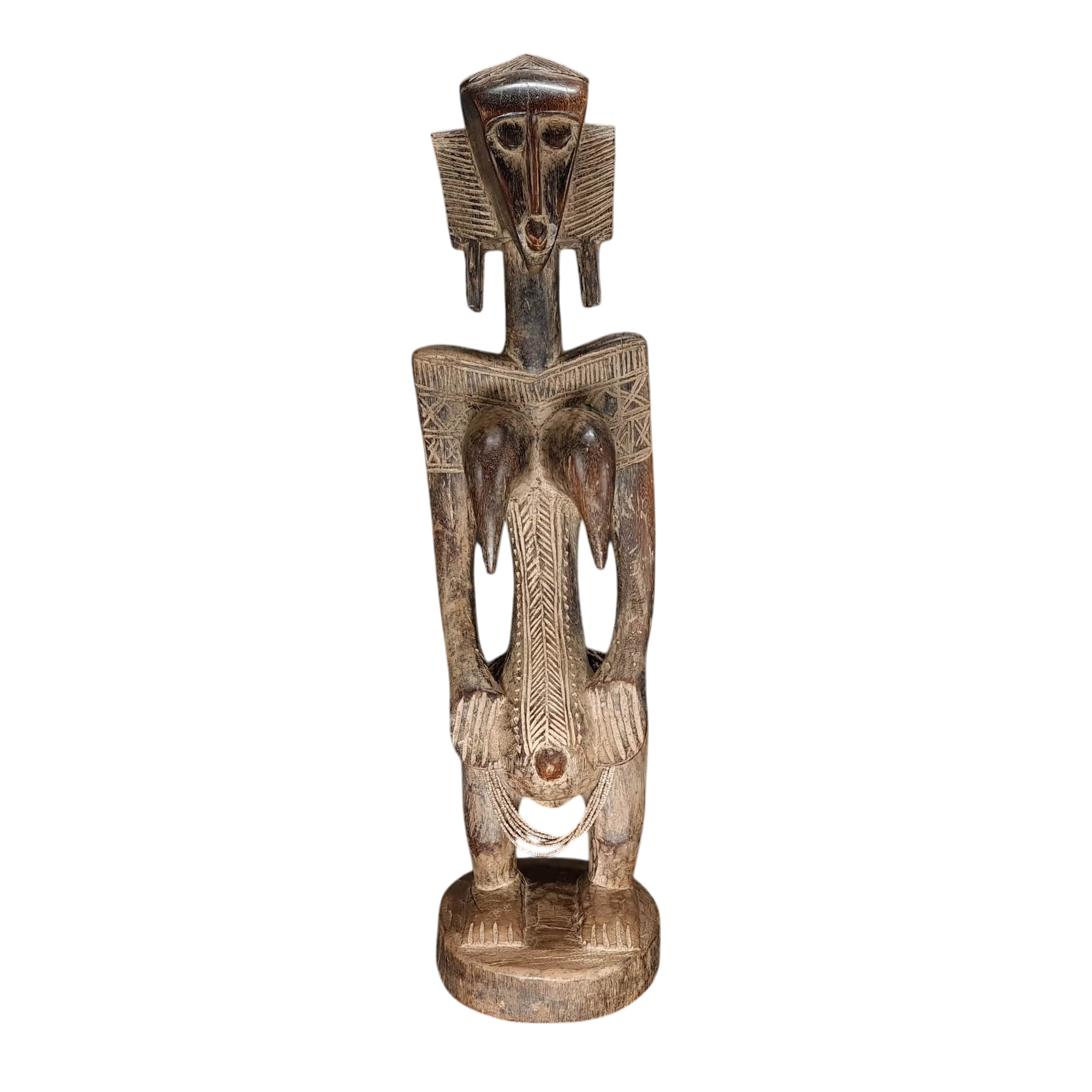The Bambara ethnic group, also known as the Bamana, is one of the largest ethnic groups in West Africa. They mainly live in Mali, Burkina Faso, and Guinea, with an estimated population of around 5 million people.
The Bambara are known for their rich culture and art. They have a rich oral tradition, with tales, legends, and myths passed down from generation to generation. They are also known for their music, particularly their instrumental music, which includes drums, xylophones, and stringed instruments.
Agriculture is the main economic activity of the Bambara, who cultivate millet, sorghum, peanuts, maize, and cotton. They are also known for their crafts, particularly woodcarving, pottery, and textile making.
The traditional religion of the Bambara is based on the worship of ancestors and nature spirits. They believe in a supreme deity called Faro, who is considered the creator of the universe. The Bambara also practice rites of passage such as initiations and funerals.
The Bambara have a strong cultural identity and are proud of their history and heritage. They were united under a powerful empire, the Bambara Kingdom, which thrived from the 17th to the 19th century. Today, the Bambara continue to practice their traditional culture while adapting to the realities of the modern world.
In summary, the Bambara ethnic group is an important ethnic group in West Africa, known for their rich culture, art, music, and agriculture. They have a traditional religion based on the worship of ancestors and nature spirits, as well as a strong cultural identity. The Bambara continue to practice their traditional culture while adapting to the realities of the modern world.
